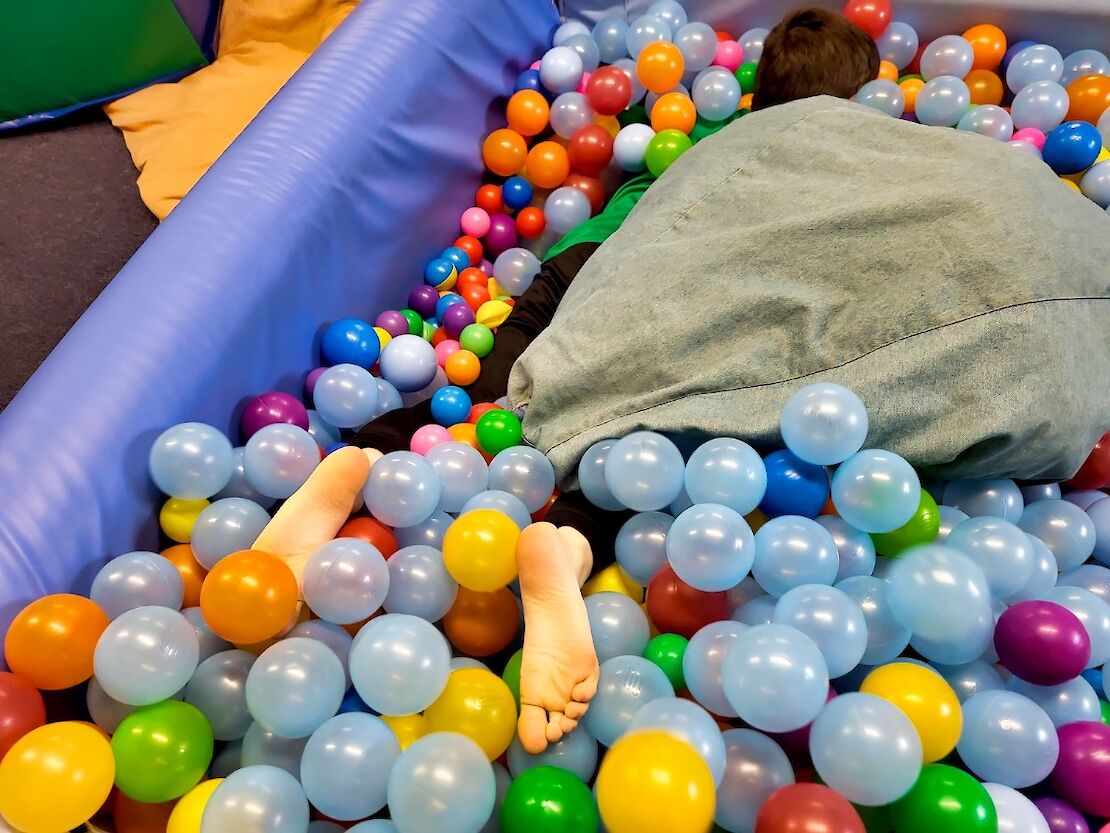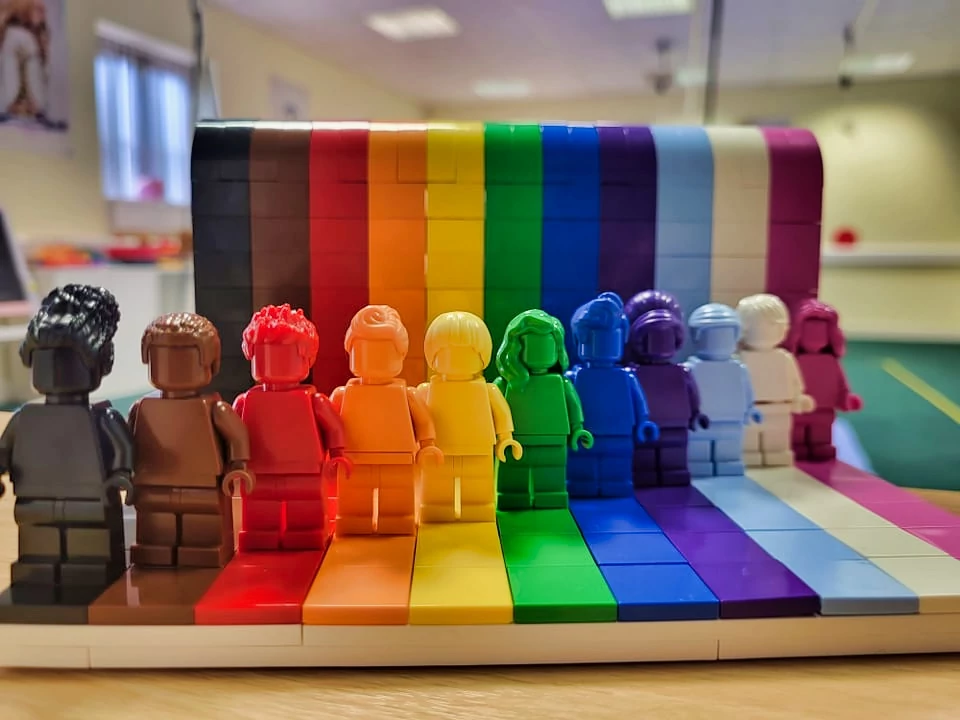Intro
Our Occupational Therapy services are unique to each individual. The occupational therapist will select , in collaboration with the client/family, the most appropriate clinical approaches, therapy intensity, frequency, and duration.
A detailed initial assessment is used to examine current abilities and to identify underlying reasons for referral or presenting problems. Based on the results of standardised and unstandardised assessments , clinical observations or testing procedures, we develop and implement an intervention program that is thoroughly discussed with the client/institution/caregivers/parents to achieve our clinical outcomes.
Our individual sessions consist of 50 minutes of direct services and 10 minutes of feedback with the parents/client.
Benefits of occupational therapy include improved attention, organization, behavior, sensory processing, motor coordination, sequencing, fine motor skills and independence in activities of daily living.
Alternatively we offer an intensive therapy programme, see if this is for you.


